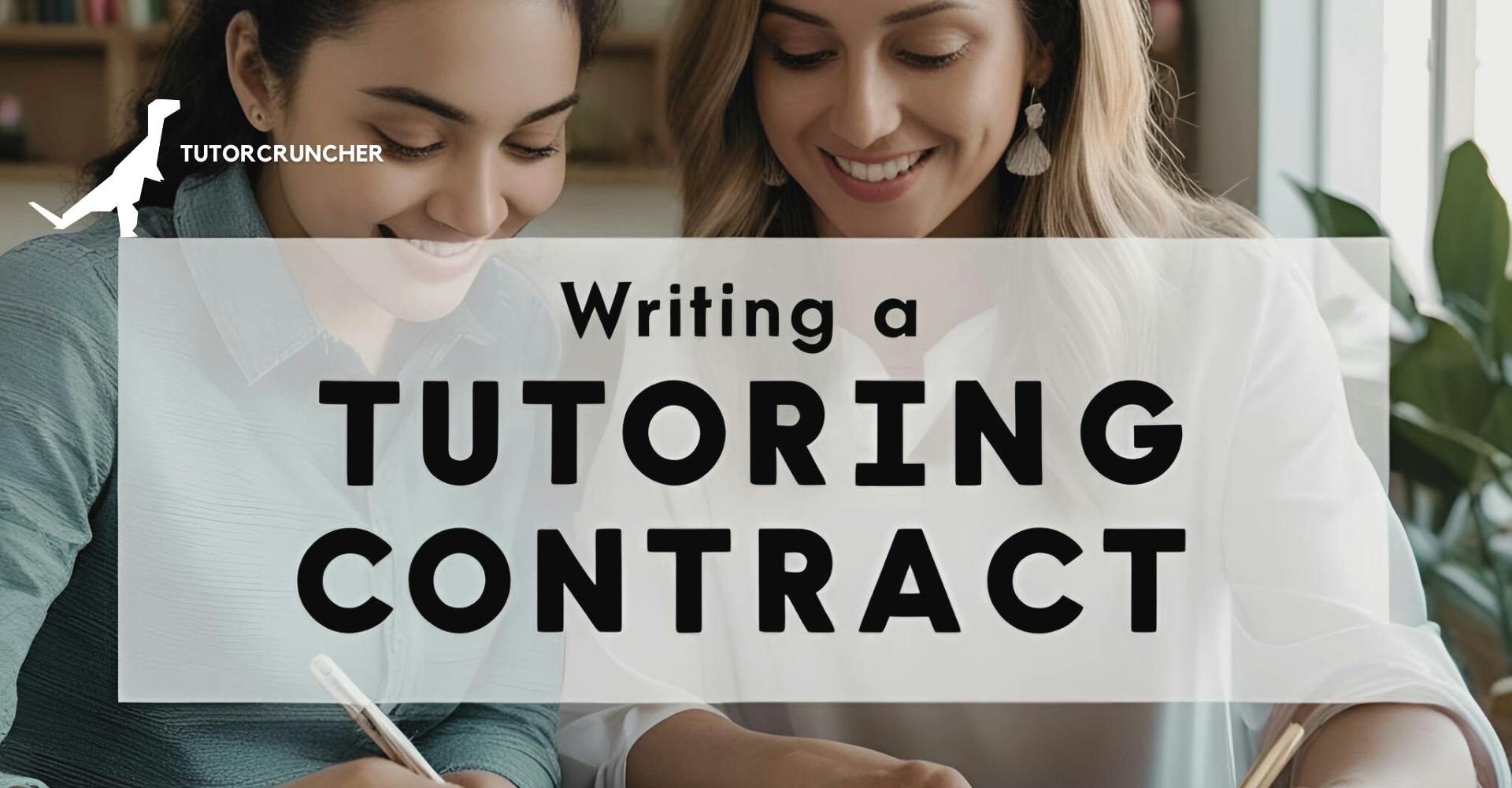So, you have a shortlist of tutors who you think would be a good fit for your company. The next step is to invite them for an interview so you can meet them face to face and confirm their suitability.
The key to finding the perfect tutor for your company is to conduct a thorough interview using the same format with each candidate. This is our advice on how to interview tutors for your company.
Explain the Job Interview Process

In order to make your interviewees feel at ease, start the interview by providing some information about your company and the interview process. This way, tutors will know what to expect during the interview and can adjust their answers accordingly.
It's important to follow the same interview process with every candidate. This is so you and your interview team can easily compare each tutor's responses and decide which ones would be the most valuable to your company.
Have Pre-Prepared Questions

This might sound like an obvious one, but having your questions pre-prepared will make your tutoring company appear professional. Where possible, try to tailor your questions to suit your company's values and mission rather than asking common tutor interview questions.
You should also ask your interviewees to provide examples with their answers so you can gauge their level of tutoring experience. Remember to be consistent in your questioning, so you can easily score each candidate's suitability.
7 Tutor Interview Questions to Ask
There are a variety of questions that you should ask when conducting a tutor job interview. This ranges from understanding a tutor’s teaching style to seeing their learning journey. Here are some vital tutoring interview questions, as well as some sample answers:
1. What is Your Teaching Philosophy?
The answer for this question should allow you to see how prospective tutors value tutoring and teaching. Moreover, the answer should elaborate on their various teaching methods and approaches, plus important values for tutors to have.
2. How Long Have You Been Tutoring?
This question is essential to ask in tutor interviews, as it gauges the experience of your interviewees or candidates. Besides just being a basic query for a hiring manager to ask, the answer to this question can show you essential characteristics of a tutor, such as determination, empathy, and their genuine interest in tutoring.
For example:
“I’ve been tutoring for over four years. It started out as a way to support myself while studying, but I’ve enjoyed teaching so much that I kept doing it.”
3. How Do You Explain Complex Concepts to Learners?
This is a good question to ask if you want to see whether the candidate is able to communicate complex ideas to students, especially if these terms are unfamiliar to them. You can ask them to give an example of how they might explain something challenging to a learner.
If they are able to simplify these concepts in an understandable way, then that’s a good sign of their experience and teaching style.
4. Do You Have Experience with Different Learning Styles?
Another thing to look out for in a good tutor and candidate is whether they can create a positive learning environment for your clients and students. This question can show you what the interviewee is capable of when helping a student struggling to understand a subject or stay focused.
It’s crucial to hire candidates who can help students with different learning styles and challenges, as it’s likely you’ll have a range of learners using your company. This is especially true if you’re running an online tutoring business.
5. How Do You Measure Student Progress?
This question ascertains how good the candidate’s organisational and communication skills are. Plus, it lets you understand more about their experience and whether or not their communication is up to your standards.
A satisfactory answer for be something like this:
“I use techniques that can be measured on a scale, seeing a tutee’s progress over time. For example, I give student’s tests and quizzes, where I can monitor their strengths and weaknesses.”
6. What are Your Favourite Teaching Strategies and Tools?
If you want to gauge a candidate’s enthusiasm for tutoring, then this question is a brilliant way to understand that. It shows their teaching approach and whether or not they are staying up to date with the latest online tutoring trends.
For example:
“I utilise tutor management software to make sure I don’t double-book clients and to manage payments. Additionally, I love using tutoring strategies and tools, such as online whiteboards and scheduling software.”
7. How Do You Structure Tutoring Sessions?
This question helps to understand how the candidate organises a tutoring session and how much importance they place on the time of their students. If they don’t pay attention to detail when structuring a tutoring session, then your clients won’t get value for money and might be discouraged from using your services.
This makes it vital to listen to their answer carefully and listen out for how the minimise distractions, identify areas for improvement, and give space for feedback and questions.
Know What you're Looking for in a Candidate

Before the interview begins, you should already have a good idea of what your ideal candidate should be. This will make it easier to identify suitable tutors as they are interviewed.
It may also be a good idea to share what you're looking for with the tutors at the beginning of the interview. This will give them the opportunity to tailor their answers specifically to your requirements and allow you to see if they are the type of candidate you're looking for.
Top Skills to Look Out For
When considering candidates for a tutoring job, you should look out for the following skills:
- Communication Skills – It’s essential for tutors to have good communication, as they need to contact students, parents, and employees at your firm. This is essential for scheduling, invoicing, and performance monitoring.
- Problem Solving Skills – This is critical for tutors, as challenges might arise with students, like understanding complex terms, managing learning difficulties, and explaining methods in an easy to understand way.
- Interpersonal Skills – Tutors need to be able to deal with different personalities in every session. So, interpersonal skills are crucial for managing sessions with empathy, enthusiasm, and understanding.
Assess Individually Then as a Group

Throughout the interview process, you should assess each tutor on an individual basis and score them on each question. Afterwards, you should discuss each candidate as a team and decide together who you'd like to offer a position to or invite back for a second interview.
It's important that you make a collective decision on who to invite to join your company, as your team may have varying opinions on who performed well.
Invite Questions from the Interviewee

At the end of each interview, invite the tutors to ask questions about your company, so they can equally decide if they'd like to work with you. This also gives you the opportunity to see how well they understand your company and what you're looking for in a tutor.
If candidates ask questions that don't relate to your company, then you'll know that they may not be the best fit. However, if they demonstrate that they've listened to your questions and taken on board your requirements, then they could be perfect for your team.
Over to you - What is your interview process for hiring new tutors? Do you use any of the methods mentioned above? How do you decide what makes a good tutor?



